Protesting Your Property Taxes in Collin County
Standing Up for Fair Value —
What Homeowners Should Know

As Collin County continues to grow and thrive, many homeowners are finding themselves facing sharply higher property tax bills. While rising values often signal a strong local economy, they can also strain household budgets — especially when assessments jump faster than income.
At Cindy Coggins Realty Group, we believe informed homeowners make empowered decisions. Here’s a breakdown of why more North Texas residents are filing property tax protests, how the process works, and how you can prepare if you think your home has been over-assessed.
Why So Many Are Protesting
Over the last few years, Collin County has seen double-digit increases in average home valuations. Those gains have boosted equity for sellers — but they’ve also triggered higher property tax assessments.
When a tax bill no longer reflects what a property could reasonably sell for, homeowners have the
legal right to protest. The goal isn’t confrontation; it’s fairness — ensuring each property is taxed at its
true market value, not an inflated estimate.
(Texas Comptroller’s Property Taxpayer Assistance Division, 2023)
How the Protest Process Works
The protest process is governed by the Texas Property Tax Code and administered locally through the Collin County Appraisal District (CCAD).
Step 1 — File a Notice of Protest
Submit your notice by
May 15 or 30 days after receiving your appraisal notice — whichever is later. You can file online, by mail, or in person.
Step 2 — Informal Meeting
You’ll first have the chance to discuss your case informally with an appraiser. Many protests are resolved at this stage when clear evidence is presented.
Step 3 — Formal Hearing Before the Appraisal Review Board (ARB)
If an agreement isn’t reached, the ARB — a panel of impartial county residents — hears both sides and issues a decision.
(Texas Property Tax Code, Sec. 41.41, 2023)
Preparing Your Case
Successful protests rely on solid evidence. Gather documentation that supports your claim that your home’s appraised value is too high, including:
- Comparable Sales (CMAs): Use recent local sales data for homes similar in size, age, and location.
- Condition Photos: Document needed repairs or deferred maintenance.
- Independent Appraisals or Contractor Estimates: Provide professional reports that reflect true condition or cost of repairs.
Well-organized, fact-based evidence — presented calmly — gives homeowners a much better chance of a fair adjustment.
Setting Realistic Expectations
Not every protest results in a reduction — but every protest ensures accountability.
Even modest decreases can translate to meaningful savings year after year, and the process reinforces transparency within the appraisal system.
The key is realistic preparation: know your numbers, stay respectful, and keep documentation professional and concise.
A County-Wide Effort
Communities throughout Collin County — from Allen, Plano, Frisco, and McKinney to Anna, Melissa, Prosper, and Wylie — are seeing more homeowners engage in the process. This isn’t just about lowering taxes; it’s about ensuring fair valuation and supporting sustainable growth for everyone.
If your property is located within any of the county’s cities — including:
Allen • Anna • Blue Ridge • Celina • Fairview • Frisco • Lavon • Lucas • McKinney • Melissa • Murphy • Parker • Plano • Princeton • Prosper • Sachse • Wylie —and many others— you can file directly through the
Collin County Appraisal District website or in person.
(Collin CAD, 2023)
Final Thought
Filing a property tax protest in Collin County isn’t about confrontation — it’s about participation.
When residents engage thoughtfully, it creates a fairer system and keeps local taxation aligned with true market value.
At Cindy Coggins Realty Group, we help homeowners make data-driven decisions — from accurate CMAs to strategic valuation reviews. Whether you’re protesting, selling, or planning ahead, our team can help you understand where your property stands in today’s market.
🏛️Disclaimer:
Cindy Coggins Realty Group and its agents are not tax advisors, appraisers, or attorneys. This article is for general educational purposes only and should not be considered professional tax advice. Please consult a licensed tax professional or attorney regarding your specific situation.
📞 Call or Text: (469) 499-7452
📧 Email:
cindycoggins@kw.com
Sources:
- Texas Comptroller of Public Accounts. Property Taxpayer Assistance Division Guide. 2023. https://comptroller.texas.gov/taxes/property-tax/
- Collin County Appraisal District (CCAD). Property Owner Assistance Resources. 2023. https://www.collincad.org/
- Texas Property Tax Code. Sec. 41.41 — Right of Property Owner to Protest. 2023. https://statutes.capitol.texas.gov/











